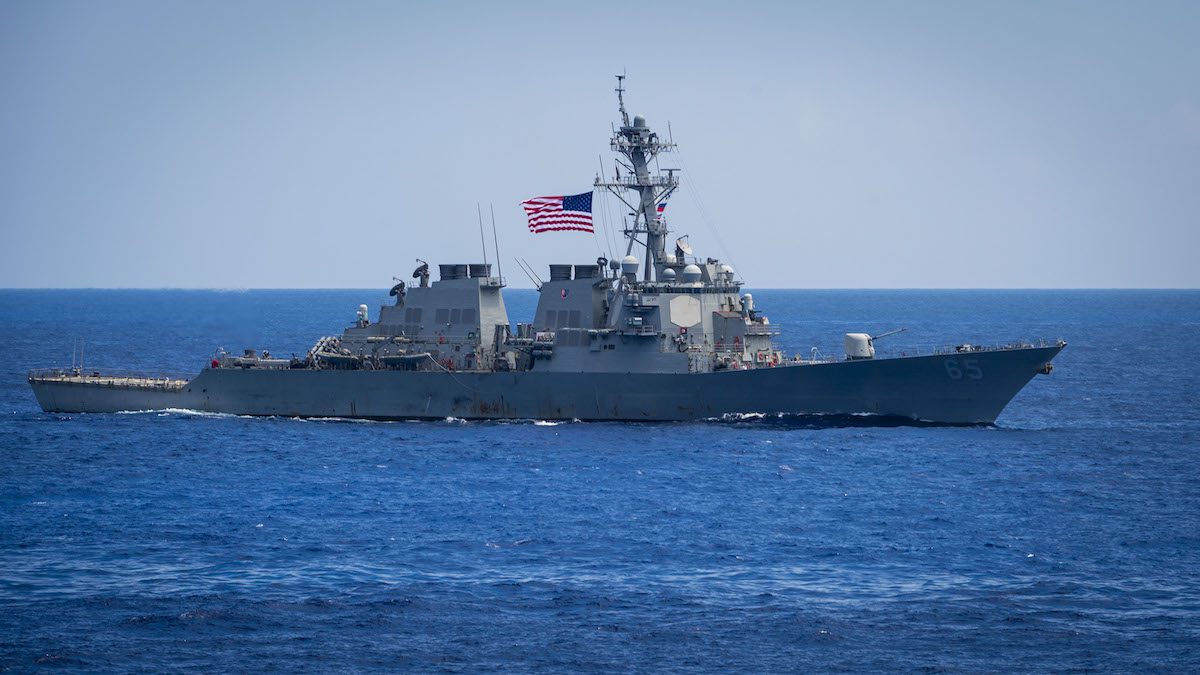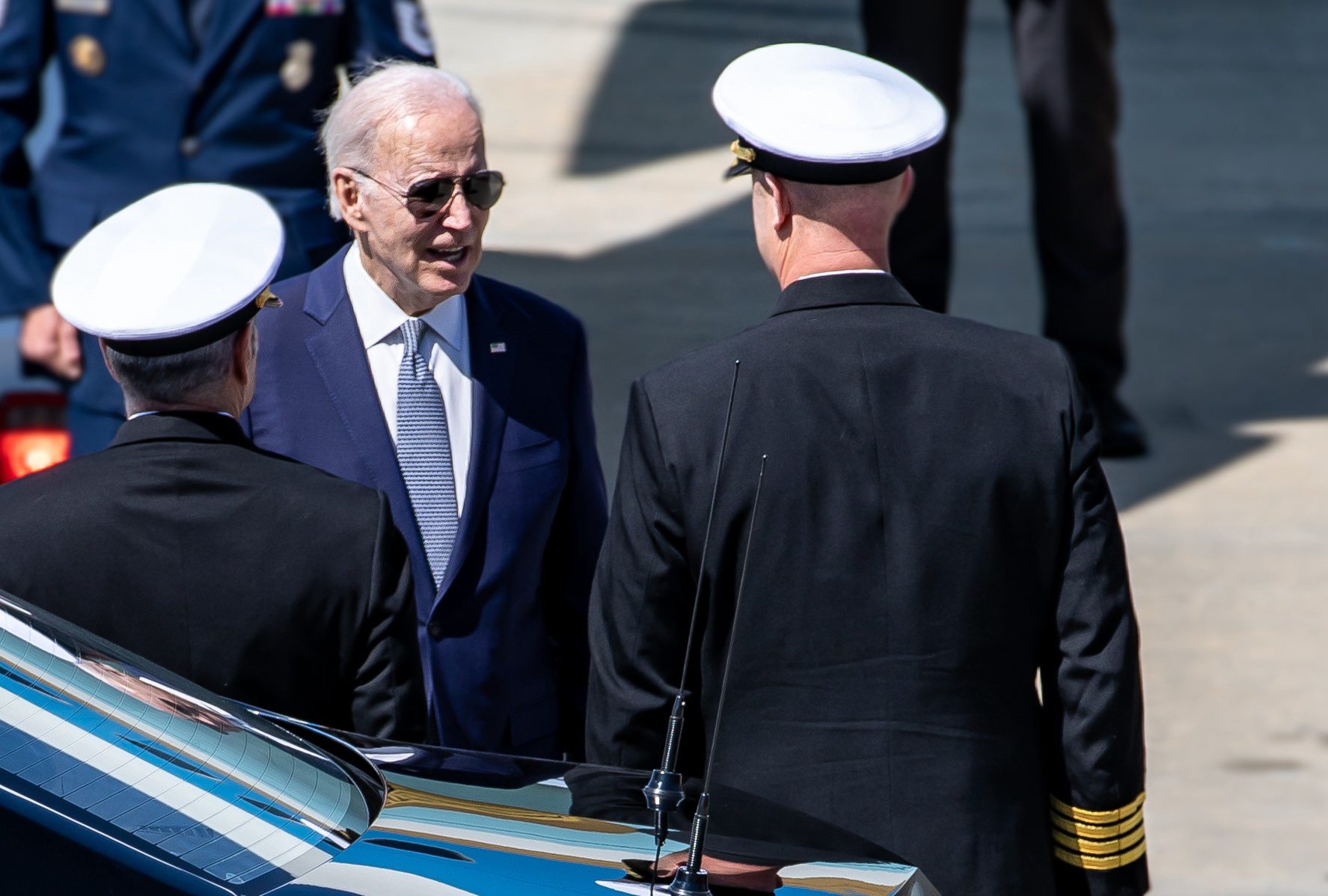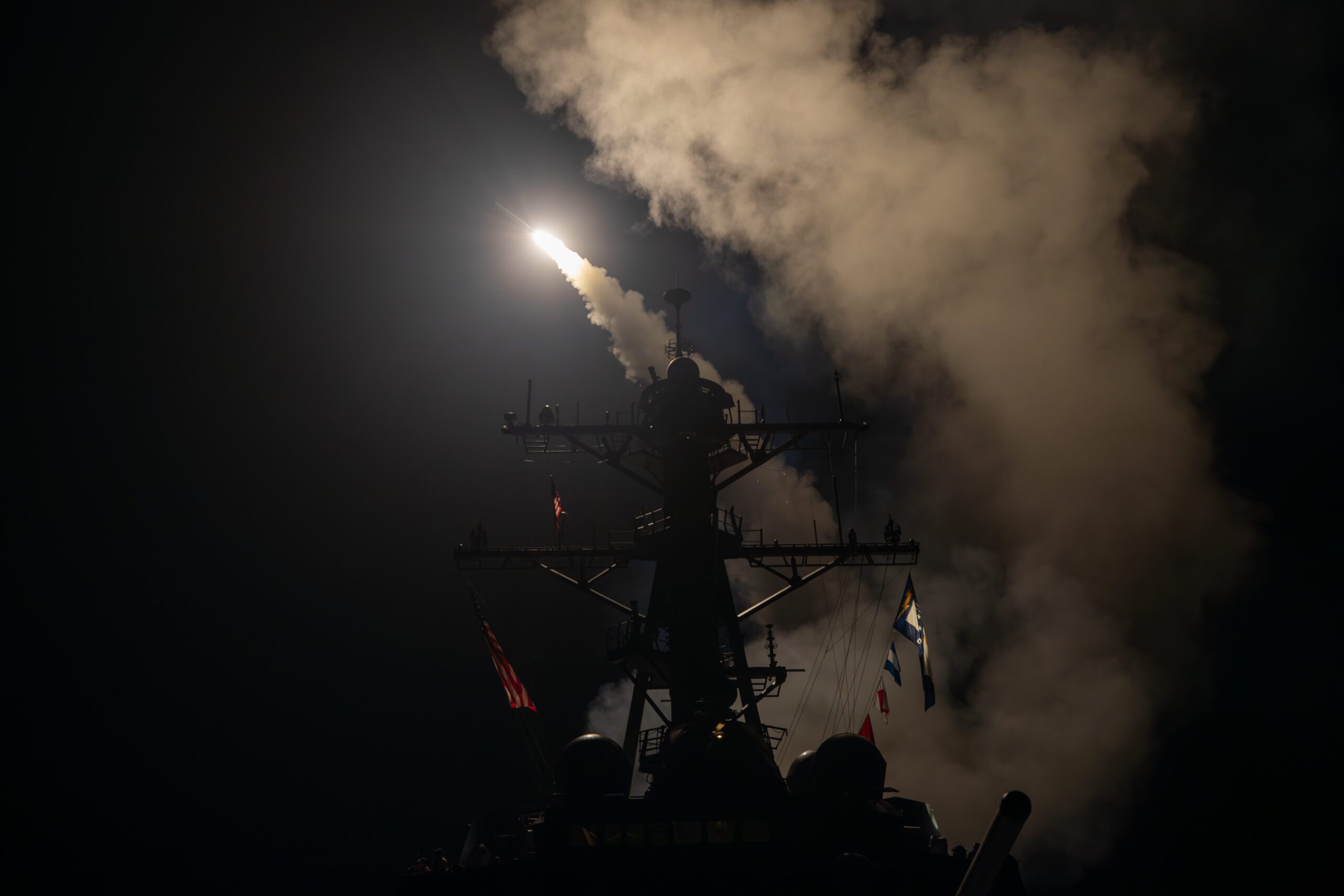SEOUL, April 17 (Reuters) – South Korea, the United States and Japan will stage joint naval missile defense exercises on Monday as they push for greater security cooperation to better counter North Korea’s evolving missile threats, Seoul’s navy said.
The announcement came days after the three countries agreed at their trilateral talks in Washington to conduct regular missile defense and anti-submarine exercises as part of efforts to scale up diplomatic and military cooperation.
Monday’s drills will be held in international waters between Korea and Japan, bringing together South Korea’s 7,600-ton Aegis destroyer Yulgok Yi I, U.S. guided-missile destroyer USS Benfold, and Japan’s Atago destroyer, also equipped with Aegis radar systems.
The three countries would focus on mastering response procedures from detection to tracking to information sharing by creating a virtual target under the scenario of a North Korean ballistic missile provocation, the South Korean navy said.
“It is an opportunity to strengthen trilateral security cooperation against North Korea’s escalating nuclear and missile threats, and solidify our navy’s capability and posture to respond to ballistic missiles,” Captain Kim Ki-young of the South Korean destroyer said in a statement.
Tensions have simmered in recent weeks as the North ramped up military activities, testing a new solid-fuelintercontinental ballistic missile on Friday that experts say would facilitate missile launches with little warning.
Related News: North Korea Fires Missiles As US Aircraft Carrier Set To Arrive In South
Pyongyang threatened “more practical and offensive” action as South Korea and U.S. forces have been carrying out their annual springtime exercises since March, some of which involved Japan, calling them a rehearsal for nuclear war.
South Korean and U.S. air forces are separately set to begin their drills on Monday for a 12-day run.
Also on Monday, South Korea and Japan resumed their “two-plus-two” talks of senior diplomatic and security officials in Seoul after a five-year halt, amid a thaw in relations following a years-long feud over wartime history issues.
South Korean President Yoon Suk Yeol has pledged to move the ties beyond the past and visited Tokyo in March for the first time in 12 years as the country’s leader.
(Reporting by Hyonhee Shin; Editing by Lincoln Feast.)
(c) Copyright Thomson Reuters 2023.
Unlock Exclusive Insights Today!
Join the gCaptain Club for curated content, insider opinions, and vibrant community discussions.

 Join The Club
Join The Club














